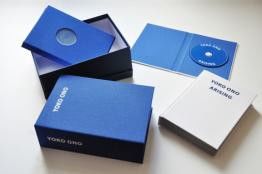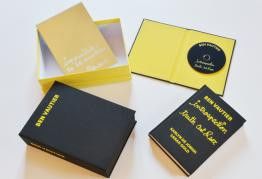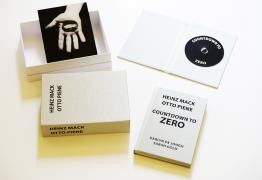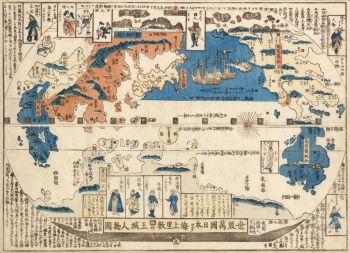First edition of the Pentateuch in Arabic 1622
Thomas van Erpe (Erpenius)
Atualmente indisponível via Gallerease
- Sobre arteTurat Musa al-Nabi alayhi al-salam id est Pentateuchus Mosis Arabicè.
Leiden, Thomas Erpenius for Johannes Maire, 1622.
4to.
With the title in a woodcut architectural frame. Contemporary vellum.
"First printing of the Pentateuch in Arabic characters" (Smitskamp). Edited by Thomas Erpenius and printed with his influential nashk Arabic types, cut under his direction by Arent Corsz. Hogenacker in Leiden. It gives the text of a 13th-century translation of the Pentateuch in the Maghreb dialect (spoken in Mauritania). Erpenius was one of the most distinguished orientalists and by far the best Arabist of his day. He published an influential Arabic grammar and several excellent critical editions. His own private printing office, equipped with Hebrew, Arabic, Syriac, Ethiopic and Turkish type, produced its first works as early as 1615.
With bookplate, owner's inscription and library stamp of Verplanck Colvin (1847-1920). Occasional spots, some leaves with a minor waterstain in the upper or lower margin, nor affecting the text. A good copy, with generous margins. Binding slightly soiled and with a restoration to the front inner hinge, but otherwise good.
Breugelmans 1622-2; Darlow & Moule 1645; Smitskamp, Philologia orientalis 86. - Sobre artistaThomas van Erpe / Thomas Erpenius (1584, Gorinchem - 1624, Leiden), também conhecido como Thomas van den Erpe, foi um famoso orientalista holandês. Depois de estudar línguas orientais - Scaliger o aconselhou - e teologia em Leiden, viajou pela Europa. Permanecendo em Paris, ele fez amizade com Casaubon, um célebre erudito clássico e filólogo. Em Paris também teve aulas de árabe e em Veneza estudou as línguas turca, persa e etíope. Erpênio foi nomeado professor de árabe e outras línguas orientais na Universidade de Leiden em 1613. Ele montou uma gráfica lá para o árabe e outras línguas orientais. Ele imprimiu sua primeira edição das fábulas de Luqman como sua primeira publicação experimental (sem pontos vocálicos para os tipos árabes). As anotações que ele fez para sua própria cópia foram incorporadas na segunda edição (com pontos vocálicos) de 1636. As fábulas de animais de Lukman eram uma parte importante da cultura árabe pré-islâmica e ainda são populares hoje. A biblioteca de Erpênio foi transferida para a Biblioteca da Universidade de Cambridge em 1632. Ele produziu muitas obras, entre outras gramáticas de várias línguas orientais: árabe, hebraico, caldeu, síria.
Artwork details
Categoria
Related artworks
Engelbert Kaempfer
LIVRO ENGELBERT KAEMPFER1651 - 1716
Preço em pedidoZebregs & Röell - Fine Art - Antiques
Tilmanus Nicolaus Maastricht
Missale Romanum com montagens de prata holandesa1788 - 1792
Preço em pedidoJacob J. Roosjen SRI
LAWRENCE WEINER
"SKIMMING THE WATER [MENAGE A QUATRE]" Signed book plus small artwork2010 - 2014
Preço em pedidoGallerease Selected
Tilmanus Nicolaus Maastricht
Missale Romanum com montagens de prata holandesa1788 - 1792
Preço em pedidoJacob J. Roosjen SRI
Yoko Ono
YOKO ONO: "ARISING" SIGNED BOOK PLUS SMALL ARTWORK 2010 - 2014
Preço em pedidoGallerease Selected
Engelbert Kaempfer
LIVRO ENGELBERT KAEMPFER1651 - 1716
Preço em pedidoZebregs & Röell - Fine Art - Antiques
1 - 4 / 22

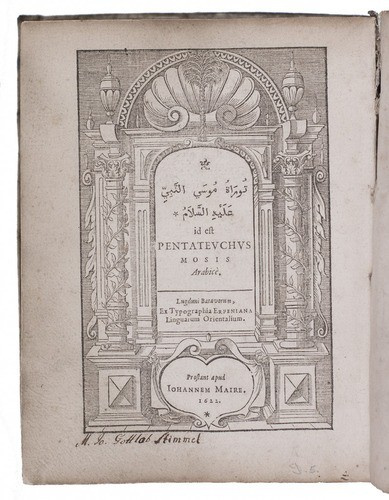



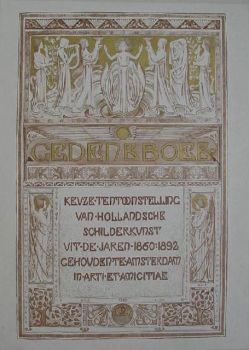
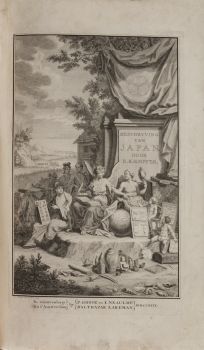
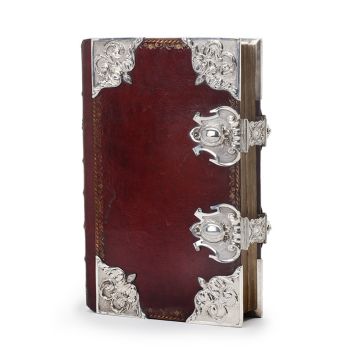
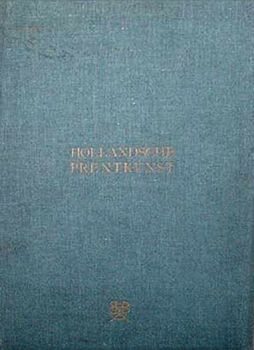
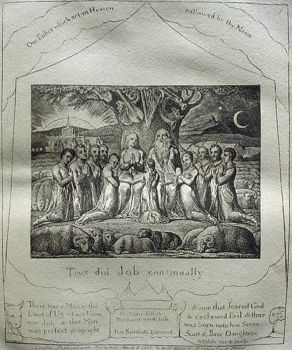
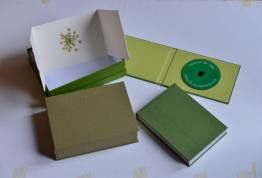
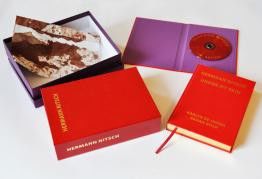
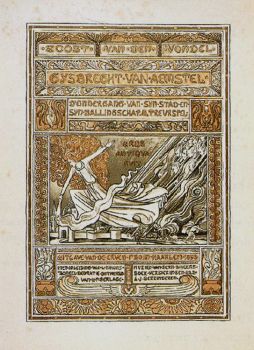
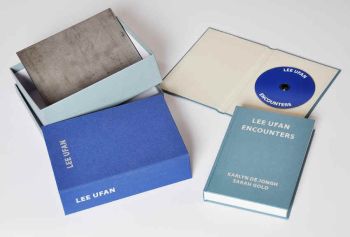
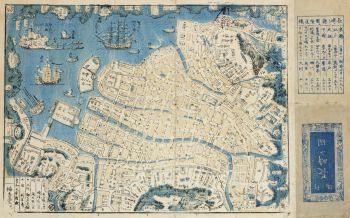
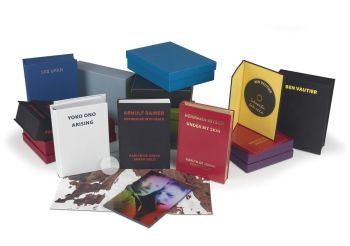
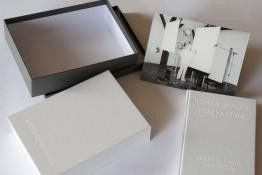
!["SKIMMING THE WATER [MENAGE A QUATRE]" Signed book plus small artwork by LAWRENCE WEINER](https://media-2.gallerease.com/images/442bfd5f-fc31-4e18-a2fa-ee0c08eade64/350x350/skimming-the-water-menage-a-quatre-signed-book-plus-small-artwork.jpg)
